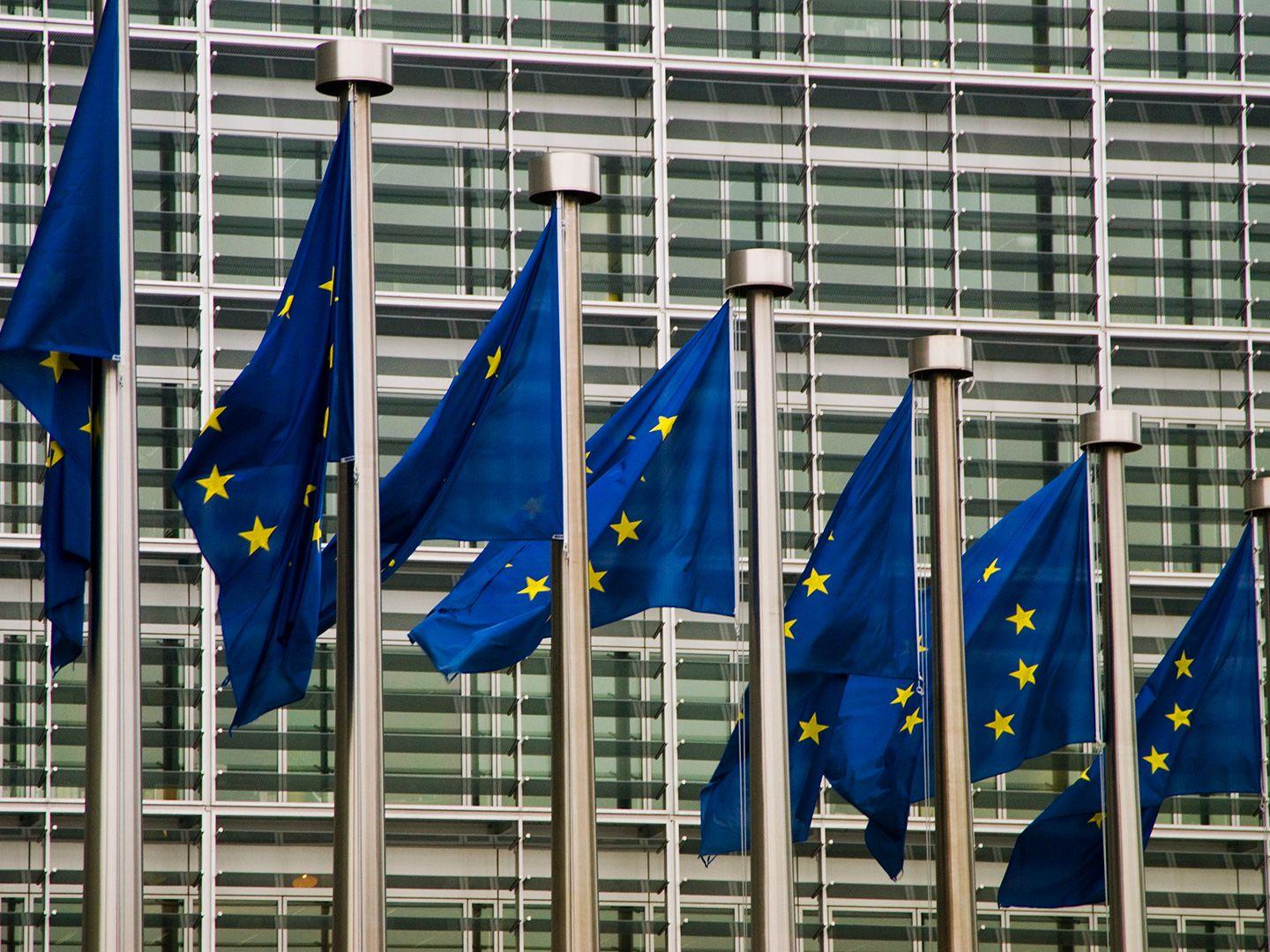Trending
Ripple Applies for MiCA License to Expand Crypto Services in the EU

Ripple Applies for MiCA License to Expand Crypto Services in the EU
Strategic Move to Enhance Regulatory Compliance and Market Reach
Ripple Labs, Inc. has announced its intention to obtain a Markets in Crypto-Assets (MiCA) license, signaling a significant step toward expanding its cryptocurrency and stablecoin services across the European Union. This initiative forms part of Ripple’s broader strategy to strengthen regulatory compliance and accelerate growth within a region where digital asset regulations are rapidly evolving. The MiCA license is essential for the legal issuance and distribution of stablecoins throughout the 30 member states of the European Economic Area (EEA), and Ripple’s pursuit of this authorization aims to increase adoption of its offerings, including the ISO 20022-compatible RippleNet payment network, which facilitates cross-border payments and remittances for financial institutions.
Regulatory Alignment and Operational Expansion in Luxembourg
Securing the MiCA license would ensure that Ripple’s services conform to the EU’s stringent regulatory framework, fostering trust among both regulators and customers. Ripple has also registered Ripple Payments Europe S.A. in Luxembourg, a jurisdiction emerging as a key hub for crypto firms seeking MiCA compliance. The company is reportedly pursuing an electronic money institution (EMI) license in Luxembourg, which would enable it to provide services across all EEA countries. Although Ripple has not officially confirmed the EMI application, recent job postings in Luxembourg for positions such as “Product Controller Payments and Stablecoin” and AML/compliance officers indicate a serious commitment to expanding its stablecoin operations in the region.
Competitive Landscape and Regulatory Challenges
Ripple’s expansion occurs amid intensifying competition and heightened regulatory scrutiny within the EU. Established players like Kraken have already secured MiCA licenses in countries such as Ireland, intensifying the race to capture market share in the regulated crypto environment. While some investors view Ripple’s regulatory efforts as a positive move toward legitimacy, others express concern that stringent oversight could potentially hinder innovation in the crypto sector. Competitors are expected to respond by differentiating their services and reinforcing their positions within the new regulatory framework.
The EU’s MiCA regulations impose rigorous requirements on stablecoin issuers, including mandates to hold between 30% and 60% of reserves in banks and restrictions on concentration at any single institution. Although France currently holds a higher number of EMI licenses due to its major banking institutions, Luxembourg offers a more balanced environment for reserve diversification, which presents a strategic advantage for Ripple’s stablecoin ambitions.
Implications for Ripple and the Broader Crypto Market
Ripple’s pursuit of the MiCA license and its expansion in the EU underscore the company’s commitment to regulatory compliance and market leadership. This move follows previous regulatory challenges, notably its high-profile case with the U.S. Securities and Exchange Commission, and reflects a broader industry trend where securing licenses is increasingly viewed as essential to enhancing market confidence and adoption. If successful, Ripple’s strategy could strengthen confidence in both XRP and its Ripple USD stablecoin, mitigate legal risks, and attract greater institutional investment. As the EU’s regulatory landscape continues to evolve, Ripple’s alignment with MiCA may help solidify its position among the leading players in the global cryptocurrency market.